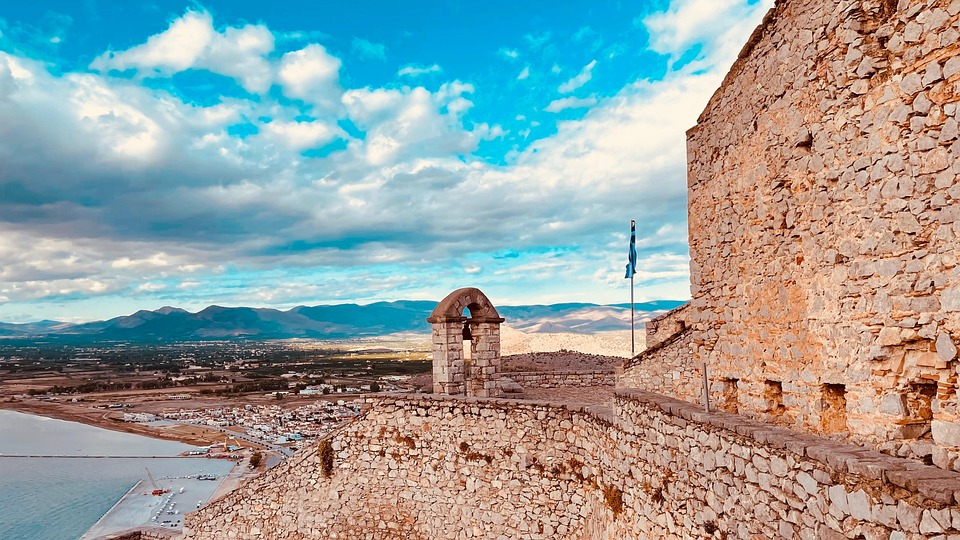
Introduction
Greece, renowned for its stunning landscapes and rich history, faces profound threats from climate change. Rising temperatures, extreme weather events, and sea-level rise pose significant risks to its natural resources, economy, and cultural heritage. In response, the Greek government and local communities are implementing a variety of policies and initiatives aimed at mitigating climate change and adapting to its effects.
National Climate Change Policies
1. National Climate Change Adaptation Strategy
Greece’s National Climate Change Adaptation Strategy, adopted in 2018, outlines the country’s approach to address the impacts of climate change. This strategy emphasizes resilience-building measures in vulnerable sectors such as agriculture, tourism, and coastal management. The goal is to enhance the adaptive capacity of both natural and human systems.
2. Renewable Energy Transition
Greece aims to transition to renewable energy sources to reduce greenhouse gas emissions. The government has set ambitious targets to increase the share of renewables in the energy mix, including wind, solar, and biomass. As of 2020, Greece achieved approximately 40% of its electricity generation from renewable sources, significantly ahead of its targets for 2030.
3. European Union Green Deal
As a member of the EU, Greece aligns its climate policies with the European Green Deal, which aims for carbon neutrality by 2050. Greece’s commitment to reducing greenhouse gas emissions by 55% by 2030 compared to 1990 levels is a vital part of this broader strategy.
Community Initiatives
1. Local Solar Energy Projects
Many Greek communities are investing in solar energy, particularly on islands, to become energy self-sufficient. Initiatives like installing solar panels on public buildings and homes not only reduce reliance on fossil fuels but also create local jobs in renewable energy sectors.
2. Sustainable Agriculture Practices
In rural areas, farmers are increasingly adopting sustainable agricultural practices designed to combat climate change. These include organic farming, crop rotation, and water-efficient irrigation techniques. Such practices not only help mitigate climate change but also enhance food security and biodiversity.
3. Eco-Tourism
With its unique biodiversity and landscapes, Greece promotes eco-tourism as an alternative to conventional tourism, which often harms the environment. Eco-tourism initiatives include conservation projects that engage visitors in preservation efforts while benefiting local communities economically.
4. Grassroots Movements
Grassroots organizations across Greece are mobilizing citizens to become actively involved in climate action. Initiatives such as beach clean-ups, urban gardening, and educational workshops on sustainability help foster a deeper community commitment to environmental stewardship.
Challenges Ahead
Despite these commendable efforts, challenges remain. Greece is prone to extreme weather events, including wildfires and floods, exacerbated by climate change. The need for investment in infrastructure to protect against these events is critical. Furthermore, public awareness and participation in climate initiatives could be enhanced to maximize community resilience.
Conclusion
Greece’s multifaceted approach to climate change showcases a blend of governmental policies and grassroots initiatives. By focusing on renewable energy, sustainable practices, and community involvement, Greece is laying the groundwork for a more resilient and sustainable future. As climate change continues to challenge nations worldwide, Greece serves as a model of proactive response and adaptation.










